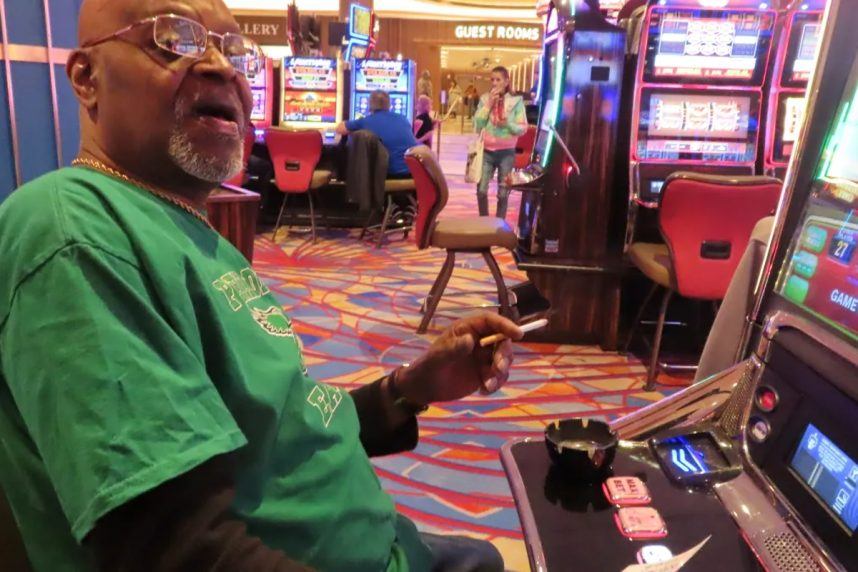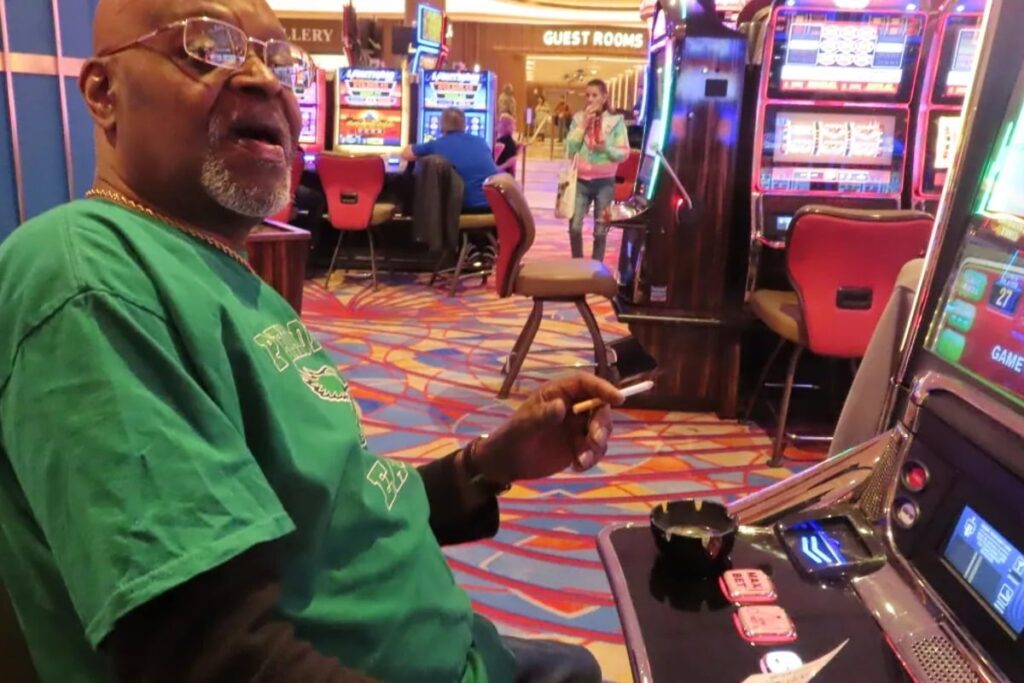Posted on: September 13, 2024, 08:27h.
Last updated on: September 13, 2024, 08:57h.
Opponents of Atlantic City casino smoking argue in their appeal to the New Jersey Supreme Court that the 2006 Smoke-Free Air Act violates workplace health protection rights.

The 2006 law banned indoor smoking in nearly all workplaces and public settings. However, state lawmakers nearly two decades ago provided exemptions to the tobacco ban for cigar lounges, horse racetracks, parimutuel wagering facilities, hotels, and motels where up to 20% of the guestrooms can be designated for smoking, and casinos with a minimum of 150 slot machines and 10 table games.
Attorneys with the United Auto Workers (UAW), whose members include table game dealers that are most exposed to secondhand smoke because of the 2006 casino loophole, said in the union’s appeal that the smoking law wrongly favors an industry.
Exclusion of casino workers from safety protections given to other workers is blatant favoritism for a powerful industry located in only one municipality in the State, precisely what the New Jersey Constitution prevents,” the UAW appeal read. “Plaintiffs submit that the State’s decision to allow gambling in Atlantic City did not make it a ‘law-free’ zone or render its workers and residents unprotected by New Jersey’s Constitution and laws.”
Atlantic City casinos can allow indoor smoking in up to 25% of their gaming areas.
Long Shot Appeal
There are no rules requiring the casinos to physically separate their smoking areas from nonsmoking areas, and as a result, health officials say dangerous secondhand smoke lingers throughout the floors.
The Centers for Disease Control and Prevention (CDC) last year reported that supposedly smoke-free sections of casinos that allow smoking elsewhere were determined to have dangerous levels of secondhand smoke. The CDC summarized that “the only way to protect people from secondhand smoke exposure is to prohibit smoking in all indoor areas.”
The New Jersey Supreme Court, however, isn’t ruling on whether the smoking allowance possibly threatens workers in nonsmoking areas with secondhand smoke exposure but whether the 2006 law was implemented improperly. In August, Mercer County Judge Patrick Bartels ruled that the 2006 Smoke-Free Air Act doesn’t violate employees’ rights to a safe workplace as defined under the state constitution because the law doesn’t prevent a casino worker from finding employment in a business where smoking isn’t allowed.
The New Jersey Supreme Court fields more than 1,000 appeals annually, but accepts only about 100 cases.
The Casino Association of New Jersey and Culinary Union Local 54, which oppose eliminating smoking, have joined the case as intervenors and are expected to submit their briefs in the coming days.
GOP Bailout?
If the New Jersey Supreme Court doesn’t accept the UAW casino smoking appeal, the only way to force the nine resorts in Atlantic City to go smoke-free would be through legislative action.
This week, Republican leaders in Trenton said if Democrats are serious about protecting casino workers, they’re ready to help get a smoking ban to Gov. Phil Murphy (D). Murphy is supportive of ending casino smoking but he says an overturn of the law should come through the legislature, not the courts.
Murphy has also said that concerns raised by the casinos, including claims that a smoking ban would hurt revenue and lead to thousands of job cuts, should be considered.




